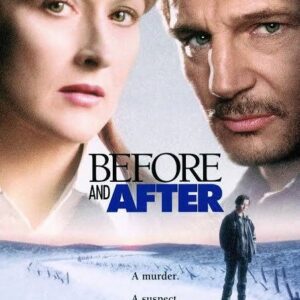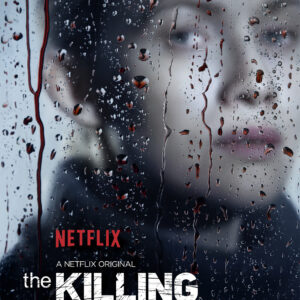“Clearcut (1991) movie” is a gripping exploration of environmental and social issues that were prevalent during the early 90s. Directed by Ryszard Bugajski, this Canadian drama film delves into the complexities of greed, power, and the clash between industry and indigenous communities.

The movie follows the story of a lawyer named Peter Maguire, played by Graham Greene, who is tasked with representing a First Nations man, played by Ron Lea, in a court case against a logging company responsible for destroying sacred land. As Maguire delves deeper into the case, he uncovers the harsh realities faced by the indigenous community at the hands of corporate interests.
One of the key themes of “Clearcut” is the exploitation of natural resources and the devastating impact it has on the environment. The film sheds light on the destruction of forests and ecosystems in the name of profit, raising important questions about sustainability and the ethical implications of unchecked industrial development.
Moreover, “Clearcut” also addresses the issue of cultural appropriation and the importance of respecting indigenous traditions and land rights. The movie highlights the struggles faced by First Nations communities in preserving their heritage and identity in the face of rapid modernization and encroachment on their ancestral territories.

The performances in the film, particularly by Graham Greene and Ron Lea, are stellar and bring depth to the characters they portray. The emotional depth and intensity of their interactions add layers of complexity to the narrative, making “Clearcut” a compelling and thought-provoking watch.
Overall, “Clearcut (1991) movie” is a poignant and powerful commentary on the intersection of environmental concerns, social justice, and corporate greed. Its exploration of timely issues and engaging storytelling make it a noteworthy entry in the realm of Canadian cinema that continues to resonate with audiences today.





